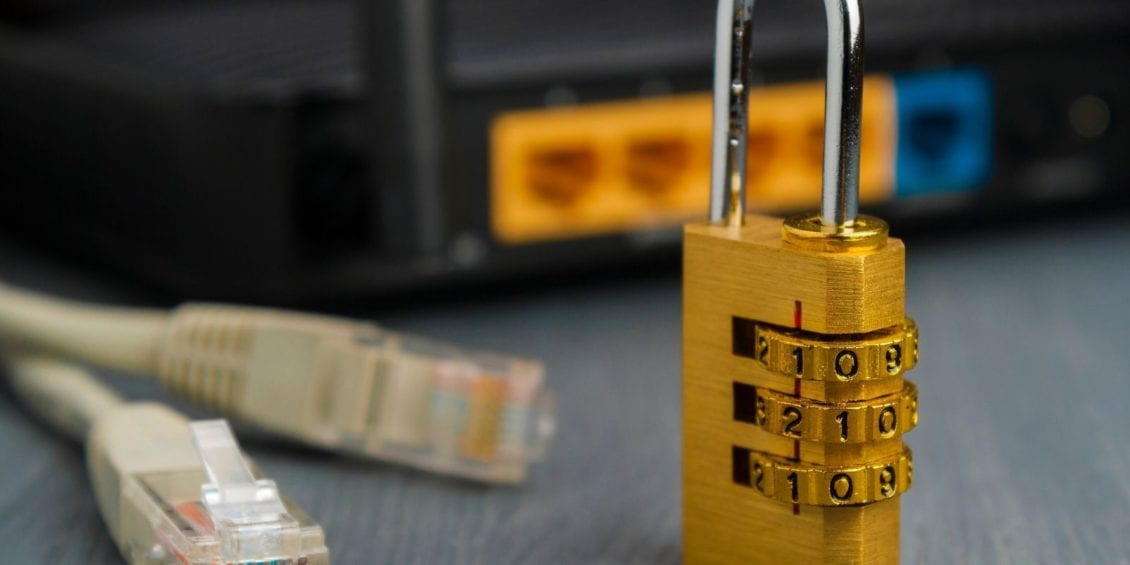Decision-making when it comes to businesses is a data-driven affair. Companies monitor their competitors’ moves and websites to identify what they can change in their operations. They also collect data, which they subsequently analyze to gain insights into the market. These different activities and aspects make up what we refer to as business intelligence (BI), at the center of which is web scraping.
Successful web scraping, i.e., the data collection element of business intelligence, relies on proxies. Notably, proxies also have numerous benefits for businesses. This article, therefore, discusses the reasons companies use proxies by highlighting their advantages and uses.
What is a proxy server?
A proxy/proxy server is an intermediary through which web traffic passes. The proxy stops web requests originating from a company’s network, hides their real IP addresses, and subsequently assigns them new IP addresses. These few operations make proxy servers stand out as some of the most important tools for companies – by assigning new IP addresses, proxies open companies up, enabling them to enjoy various benefits.
Benefits of proxy servers
Proxy servers offer companies the following benefits:
- They increase connection speeds, thereby reducing loading speeds for customers accessing the companies’ websites
- They hide IP address, promoting anonymity and security by preventing tracking
- They provide access to geo-restricted content
- They promote productivity among employees by blocking access to certain websites
- They prevent server crashes
- They facilitate web scraping
Increased connection speeds
Proxy servers cache frequently accessed files, thus eliminating the need for the web server to send this content every time visitors require it. As such, whenever a customer visits your website and requests a file that happens to be cached, the proxy simply displays it. This arrangement frees the web server up for other more crucial tasks. It also clears the bandwidth. A combination of these two factors reduces the loading time/increases the connection speeds.
Hiding IP address
An IP address is a unique identifier to which your browsing activities are attached. It also contains location markers. Thus, the fact that proxies hide a user’s IP address means that they protect your browsing activities from any snooping eyes.
It is important to note that internet service providers usually store their customers’ browsing history. If hacked, it could mean that your company’s data or even yours could end up in the public domain. Proxies prevent all these by promoting security through online anonymity.
Bypassing geo-restrictions
Your company could be looking to enter a particular market, say, Germany. However, websites of companies whose sector/industry you are targeting may only be allowing people in Germany to access them. In short, they have geo-blocked their content. With a Germany proxy, you can bypass this restriction and access the market.
Promote productivity
Proxies block access to specific websites. When used in a company setup, it ensures that your employees will never get distracted unnecessarily, thus guaranteeing that their productivity will always remain high.
Prevent server crashes
Proxies prevent server crashes by reducing the load on your company’s web server. They achieve this by distributing your web server’s content among multiple computers spread across the world. Thus, visitors accessing your website or online services are connected to the server nearest to them. This setup also prevents distributed denial of service(DDoS) attacks.
Facilitate web scraping
Web scraping refers to the automated extraction of data from one or more websites. It is a key technique for companies that need insight into the market and competitors. For instance, web scraping is used for:
- Price monitoring
- News and reputation monitoring
- Ad verification
- Market analysis
Simply put, web scraping is an integral part of business intelligence (BI). BI is a combination of data-driven processes whose main aim is to help you understand your company and its operations, so you and your fellow managers can develop better strategies and decisions.
Proxies facilitate web scraping by anonymizing the extraction process and changing the assigned IP address regularly, thereby preventing IP blocking.
Uses of proxies for companies
Companies rely on proxies because they accomplish the following tasks:
- They balance load and internet traffic, preventing server crashes and DDoS attacks
- They provide access to external markets by bypassing geo-restrictions. For instance, with a Germany proxy, you can verify ads displayed in Germany and conduct market research
- They provide the insight needed to make better and informed decisions because they facilitate web scraping
- They promote security by filtering emails to identify malware and blocking access to malicious, unauthorized sites
- They increase the connection speeds for visitors
Companies greatly benefit from integrating proxies into their computer network. In the ever-changing world of business, where well-thought-out decisions are a precondition for continuous success, proxies play a crucial role in the decision-making process. By facilitating web scraping, they provide access to data, which is an essential aspect of business intelligence. This is on top of other important functions that, combined, make a company more competitive.








Leave a Reply
View Comments